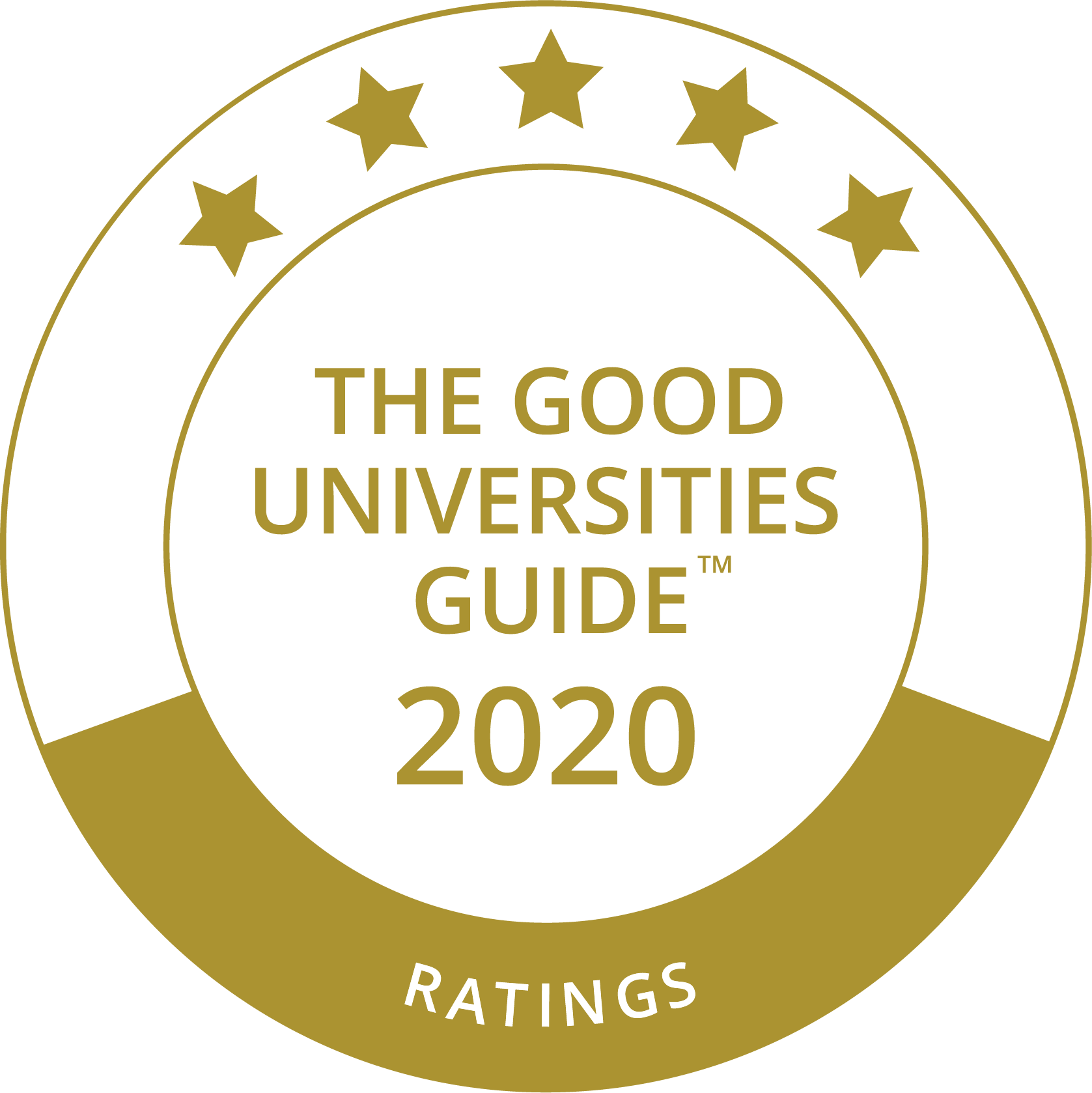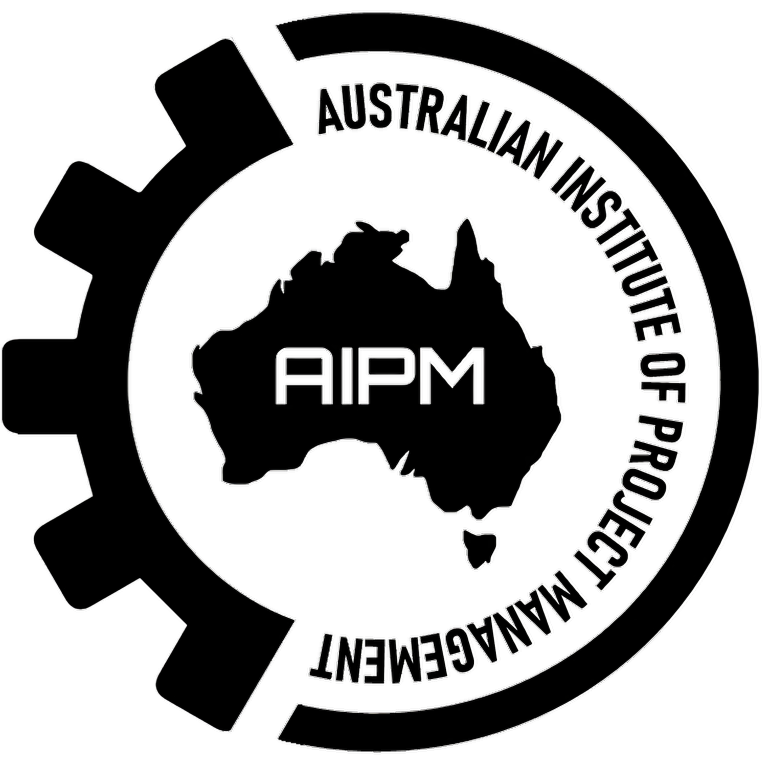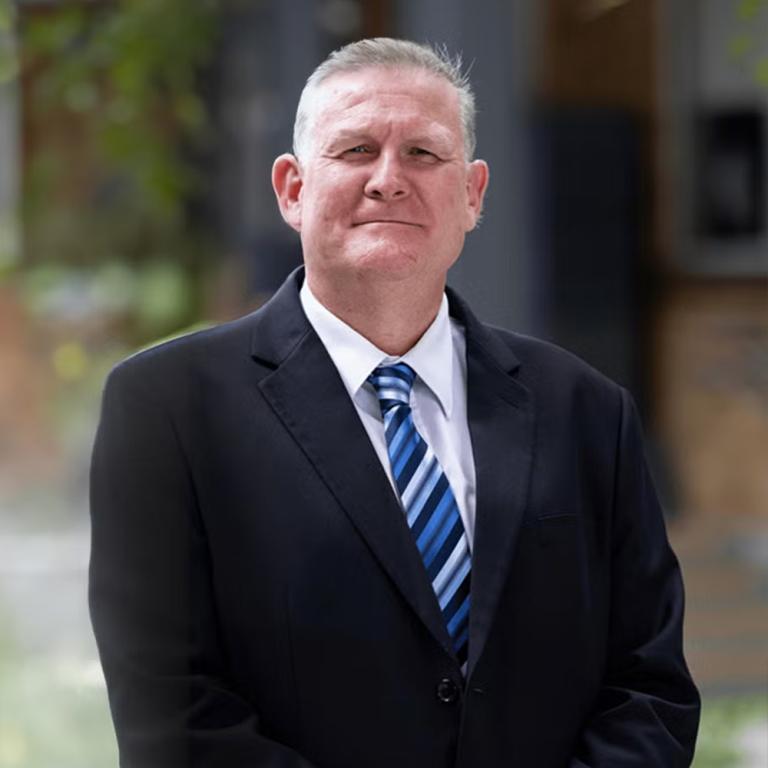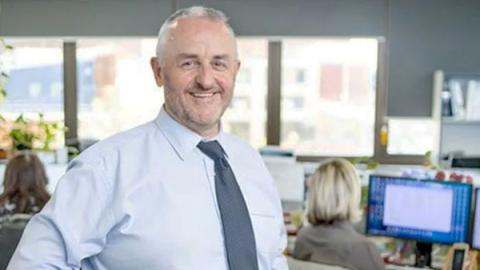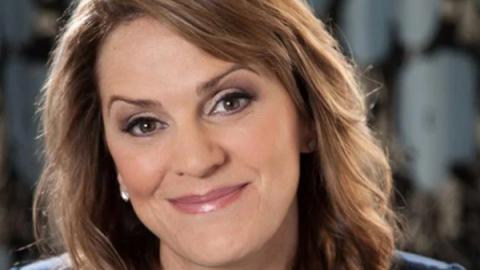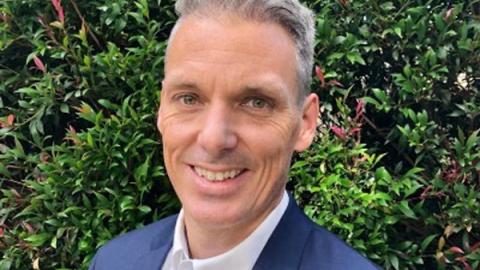Why specialise in educational wellbeing?
Lead wellbeing initiatives
Empower your school with specialised wellbeing strategies.
Effective school leadership
Inspire and manage with confidence and skill.
Advance your career
Boost your career with expertise in educational wellbeing.
Increase student resilience and wellbeing
The Graduate Certificate in Educational Wellbeing focuses on diversity, educational support in difficult times, leadership and how to enhance student wellbeing.
Schools play an integral role in promoting social and emotional development for students. This course focuses on units of study that offer foundational knowledge to help you build supportive school communities and positive learning environments for both students and teachers.
If you decide to pursue a higher qualification, units of study completed during the Graduate Certificate can be credited towards enrolment in a Master of Education.
Quick facts
- Units
4 - Duration
8 months part-time - Fees
$2,875 per unit, FEE-HELP available - Intakes
Jan, Mar, May, July, Aug, Oct
The SCU Online benefits
Affordable online study
Experience one of Australia's most affordable cost per units. Achieve your career goals without financial strain while gaining practical skills and knowledge.
Accelerated learning
Balance work, life, and study with our fast-paced online program, designed to help you apply new skills in real-world teaching environments.
Outstanding student support
Ranked #1 in Australia for Education Student Support, we ensure you succeed every step of the way.*
* Good Universities Guide 2023
How does a Graduate Certificate in Educational Wellbeing work with SCU?
- With no exams, you’ll learn through quizzes, videos, interactive presentations and more.
- Connect with academics and students through online chat platforms and discussion boards.
- Access support throughout the course, including feedback from a learning coach and a dedicated student success advisor from enrolment through to graduation.
- Live classes are optional but encouraged for networking, while the course is self-paced.
- To make the most of your learning experience, we recommend dedicating around 20 hours per week to your studies.
A typical study period at SCU Online
Pathway to masters
When you finish your Graduate Certificate in Educational Wellbeing, if you wish to take your learning further you can apply for our Master of Education and receive advanced standing for the units you have completed.
Graduate Certificate
4 Units, or continue studying
Master Degree
+ 4 Units
Entry requirements
To qualify for entry to the Graduate Certificate in Education, specialising in Educational Wellbeing, you must have:
- four-year Bachelor degree in Education from any Australian university or equivalent; OR
- an undergraduate degree and a fourth-year level teaching qualification from any Australian university or equivalent; OR
- a three year Bachelor degree in Teaching from any Australian University, or equivalent.
In either case, students need to be proficient in English.
Find out more about Rules Relating to Awards and Specific Award Rules.
Units of study
Enhancing Student Wellbeing focuses on knowledge, understandings and practices concerning student wellbeing at school.
The Supporting Students in Difficult Times unit of study provides frontline professionals with the knowledge and skills required to effectively support children and young people who are experiencing personal difficulties and require social and/or emotional support.
The valuing diversity unit of study is designed to consolidate awareness, knowledge and experience in understanding and meeting diverse learners' needs in educational settings.
In the Educational Leadership and Wellbeing unit, you will develop the skills to establish wellbeing best practice in your school community.
Get detailed information about each unit in our course guide.
Learning outcomes
Focus on the needs of teachers as well as learners.
Build environments where everyone can thrive.
Learn skills to respond to the diverse needs of students and enhance student wellbeing.
What our students do
Our Master of Education students work in a variety of educational contexts around Australia. Below is a snapshot of some of these roles and jobs.
- Deputy Head of School
- Lead Teacher
- High School Teacher
- Principal
- Primary School Teacher
- Education Consultant
- Classroom Teacher
- Assistant Principal
- Community Wellbeing Coordinator
In this video, Master of Education graduate Aleasa Brink speaks about the benefits of engaging in and promoting lifelong learning.
Aleasa Brink: "Education is a lifelong skill. So, lifelong learning is something that I talk about within my school and within the profession I work, so modelling that and continuing on that path is something that's very important for me." Subheading: What are you trying to achieve from online study? Aleasa: "I want to progress myself in my career and professionally, it's quite relevant. The learning that I'm doing with the study is helping with my work and my work is helping with my study." Subheading: What are your tips for students considering online study? Aleasa: "My first tip would be just to have a go! And finding a course that is going to complement what you're doing, so for me - not a load on top of what I'm doing. It really fits in seamlessly with what I'm already doing, and enhancing that."
Our Accreditations and Endorsements
Our online programs meet all of the AQF guidelines, ensuring quality education.
5-STAR Rating for Full-Time Employment, Overall Experience, Student Support, Learning Resources, Teaching Quality and Skills Development.
Southern Cross University is one of the world's Top 100 Young Universities.
Our postgraduate student support and satisfaction both above the national average.
Meet our course coordinator
Immerse yourself in a transformative journey with course coordinator David Lynch, a prominent figure in academic innovation. David has pioneered teacher education and school leadership improvements, shaping modern programs with a focus on whole-school progress. He brings his wealth of experience to our students, offering insights across key areas:
- Diverse teaching experience: Learn from David's innovative approaches to education and leadership, shaped by his work in Australia, Norway, Japan, and the UK.
- Collaborative learning: Engage in an interactive process, testing propositions and contributing to educational improvement.
- Focus on school leadership: Gain practical models and strategies for effective leadership implementation.
- Hands-on learning: David’s experience as a state school principal and global researcher offers a unique, practical approach to education.
Frequently asked questions
A graduate certificate can be worth it if you want to formally enhance your professional skills, deepen your specialised knowledge or demonstrate postgraduate‑level learning without committing to the time and cost of a full master’s degree. In Australia, graduate certificates are recognised postgraduate qualifications (AQF Level 8) that typically take around six to eight months of part‑time study and can help you improve your confidence and credibility in your field. They also often serve as pathways into further postgraduate study.
For example, the Graduate Certificate in Educational Wellbeing at Southern Cross University Online is designed to help educators build foundational wellbeing expertise - such as supporting diverse learners, enhancing student resilience and leading wellbeing initiatives in schools. Completing this education certificate can boost your practical capabilities and may count towards a Master of Education if you choose to continue your studies.
In Australia, a graduate certificate usually consists of four units (subjects) of postgraduate coursework, providing a focused and manageable introduction to specialised study in your chosen field.
The Graduate Certificate in Educational Wellbeing at Southern Cross University Online comprises four core units, including Enhancing Student Wellbeing, Supporting Students in Difficult Times, Valuing Diversity and Educational Leadership and Wellbeing, each designed to build skills you can apply directly in educational settings.
To qualify for most graduate certificates in Australia, you generally need to have completed a bachelor’s degree or equivalent qualification. In some cases, significant relevant professional experience may also be considered, but requirements vary by program. open.edu.au
For the Graduate Certificate in Educational Wellbeing at Southern Cross University Online, entry requirements include a four‑year Bachelor degree in Education (or equivalent), an undergraduate degree plus a fourth‑year teaching qualification, or a three‑year Bachelor of Teaching from an Australian university (or equivalent). English proficiency is also required.
Yes, a graduate certificate can help improve your employment prospects by demonstrating postgraduate‑level skills and specialised knowledge in your area of focus. Employers often value structured, focused study that aligns with practical workplace capabilities, especially in fields where professional development and evidence of learning are important. open.edu.au
For example, the Graduate Certificate in Educational Wellbeing equips educators and school professionals with wellbeing‑centred strategies and leadership understanding that are relevant to roles such as student wellbeing coordinators, educational support staff, teacher leaders and similar positions in schools and educational organisations across Australia.
In an Australian context, the terms graduate certificate and postgraduate certificate are often used interchangeably to describe the same level of postgraduate coursework - typically a short, focused program of study that sits at AQF Level 8, above undergraduate study and below a graduate diploma or master’s degree.
Both types of certificates involve a small number of units (usually four) and can stand alone as credentials that boost professional capability, or act as stepping stones into deeper postgraduate study. The key difference is usually just terminology, and each institution will explain how its program fits into its own suite of postgraduate qualifications.



